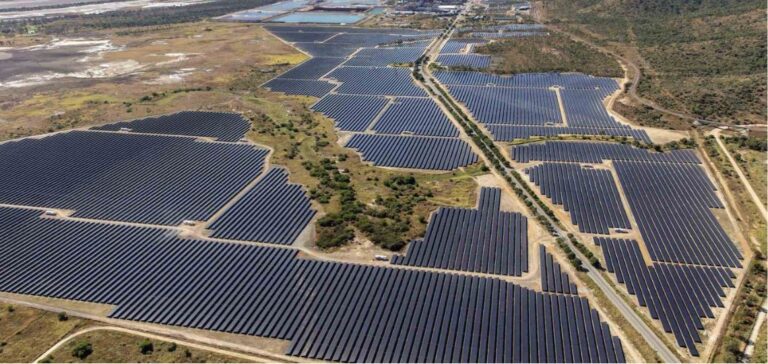Australia’s renewable hydrogen industry takes another step forward with the signing of a memorandum of understanding between Solarig, a Spanish company, and Jemena, an energy infrastructure company. This agreement aims to develop hydrogen production and blending facilities in New South Wales, injecting up to 35 terajoules of renewable hydrogen per year into the Jemena gas distribution network.
Regional infrastructure development
Initial projects will focus on facilities located in regions of New South Wales, where renewable energy resources are abundant. These projects also aim to stimulate long-term economic development and create sustainable employment opportunities in regional communities.
An accelerated energy transition
Andrew Want, Country Manager for Solarig in Australia, stresses the urgent need for solutions to decarbonize gas and liquid fuels. This project addresses the needs of key industries such as transport, agriculture and mining, offering them solutions to reduce their carbon emissions.
Decarbonization targets
David Gillespie, Managing Director of Jemena, explains that this partnership is crucial to developing a renewable gas market, providing a long-term decarbonization pathway for gas and contributing to efforts to decarbonize the wider economy. Hydrogen production will be based on 100% renewable electricity, either from Solarig’s own generation projects or from purchasedrenewable energy.
Roadmap and challenges
The Solarig project in New South Wales is one of the first to connect to the Jemena grid and, subject to meeting pre-feasibility requirements, will be one of the first commercialrenewable hydrogen blending projectsin Australia. Challenges include building an effective supply chain, funding and developing the skills needed to manage new technologies and engage the public.
Global implications and outlook
Solarig, with a significant presence in Europe, Central and South America, Japan and Australia, currently manages over 10GW of photovoltaic assets and has a portfolio of over 20GW of energy projects. The implications of this project go beyond Australia’s borders, positioning New South Wales as a national and international hub for renewable hydrogen.






















